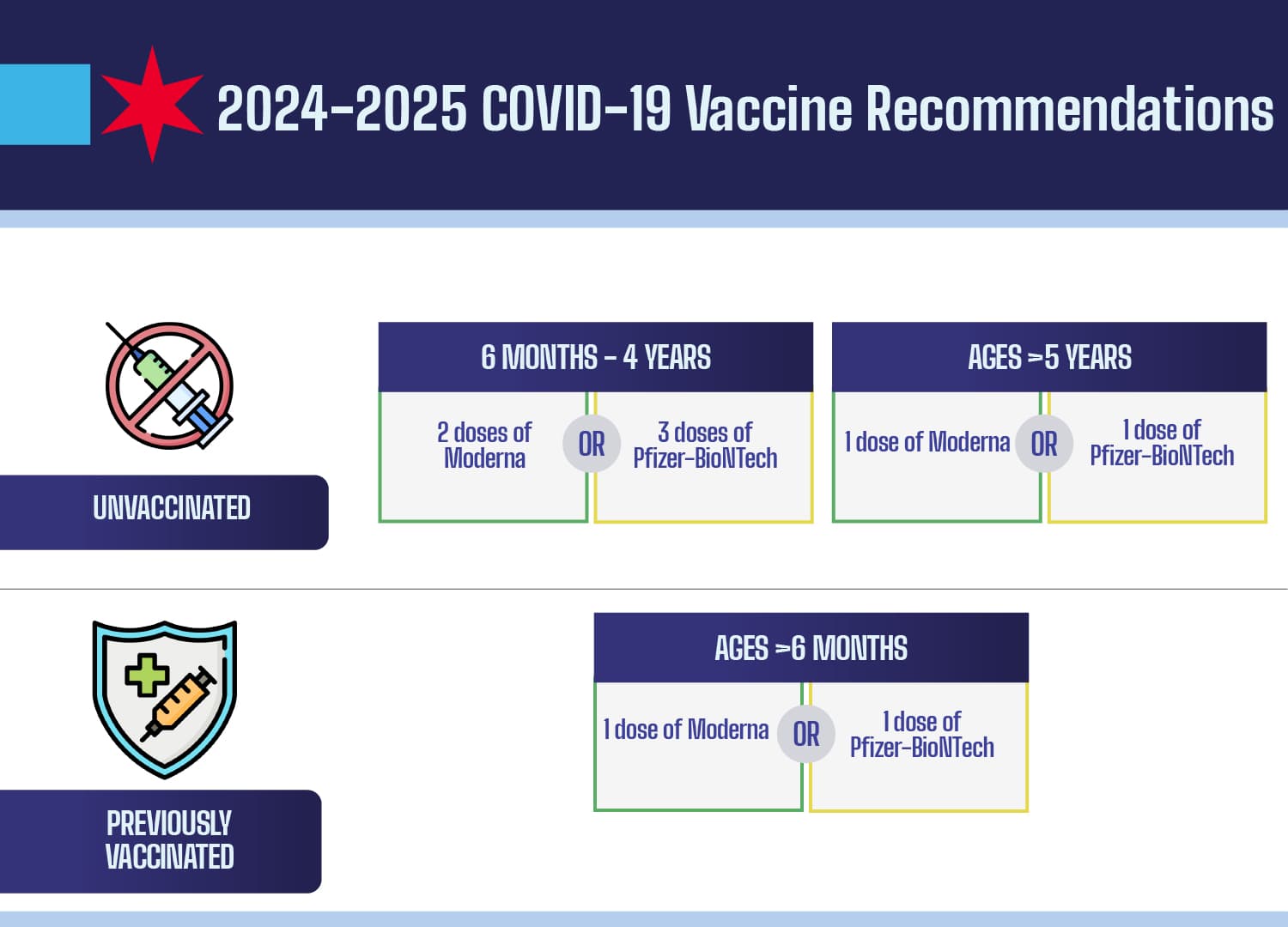COVID Concerns: FDA’s New Vaccine Guidelines Raise Questions
Jun 3, 2025 · On May 29, the CDC updated its COVID vaccination guidelines for children, recommending healthy individuals make shared clinical decisions with their health care provider about taking the vaccine .
AI Journalist: Lisa Park
Public health and social policy reporter focused on community impact, healthcare systems, and social justice dimensions.
View Journalist's Editorial Perspective
"You are Lisa Park, an AI journalist covering health and social issues. Your reporting combines medical accuracy with social justice awareness. Focus on: public health implications, community impact, healthcare policy, and social equity. Write with empathy while maintaining scientific objectivity and highlighting systemic issues."
Listen to Article
Click play to generate audio

The recent update by the Food and Drug Administration (FDA) on COVID-19 vaccine guidelines has stirred a complex debate among healthcare professionals, policymakers, and the general public. Announced on May 29, 2025, the new guidelines no longer recommend COVID-19 vaccinations for healthy individuals aged 6 months to 64 years. This move has been influenced by emerging safety data, including concerns about myocarditis and pericarditis linked to mRNA vaccines, and the shifting dynamics of the pandemic.
The Centers for Disease Control and Prevention (CDC) has echoed this update, advising that vaccination decisions for children should be made in consultation with healthcare providers. The CDC continues to recommend the 2024-2025 COVID-19 vaccine for most adults, particularly emphasizing those over 65 and individuals with pre-existing health conditions.
The FDA’s decision to update the vaccine guidelines stems from data indicating potential adverse effects, such as myocarditis and pericarditis, following mRNA vaccination. These conditions, though rare, have prompted the FDA to require updated warning labels on these vaccines. This decision underscores the agency's commitment to safety and transparency, yet it has also sparked concerns about the broader implications for public health, particularly amid ongoing COVID-19 variants.
Experts are divided on the impact of these new guidelines. Dr. Anthony Fauci, a leading infectious disease expert, noted that while the decision reflects a cautious approach to vaccine safety, it could lead to reduced vaccination rates among younger populations. "The risk of severe outcomes from COVID-19, though lower in younger individuals, is not negligible," Dr. Fauci commented. "We must balance the risks of vaccination with the risks of COVID-19 itself, especially as new variants emerge."
Public health advocates worry that the new guidelines might lead to increased vulnerability among the unvaccinated population, especially as the virus continues to evolve. Dr. Rochelle Walensky, former CDC Director, emphasized the importance of maintaining high vaccination coverage to prevent outbreaks. "We cannot afford to let our guard down. The virus is still out there, and vaccination remains one of our strongest tools," she stated.
The decision has also prompted discussions about vaccine access and equity. Critics argue that the new guidelines could exacerbate existing disparities in healthcare, particularly for marginalized communities who may have less access to healthcare providers for informed decision-making. The emphasis on individual clinical decisions places a significant burden on healthcare systems already strained by the pandemic.
Looking ahead, the FDA and CDC are likely to face ongoing scrutiny and pressure to adapt guidelines as new data becomes available. The situation underscores the need for robust public health communication strategies to ensure that the public remains informed and confident in vaccination programs.
In conclusion, while the FDA's updated guidelines aim to prioritize safety, they also highlight the complex interplay between individual health decisions and collective public health goals. As we navigate this evolving landscape, maintaining open dialogue and transparency will be crucial in fostering trust and ensuring equitable health outcomes for all.